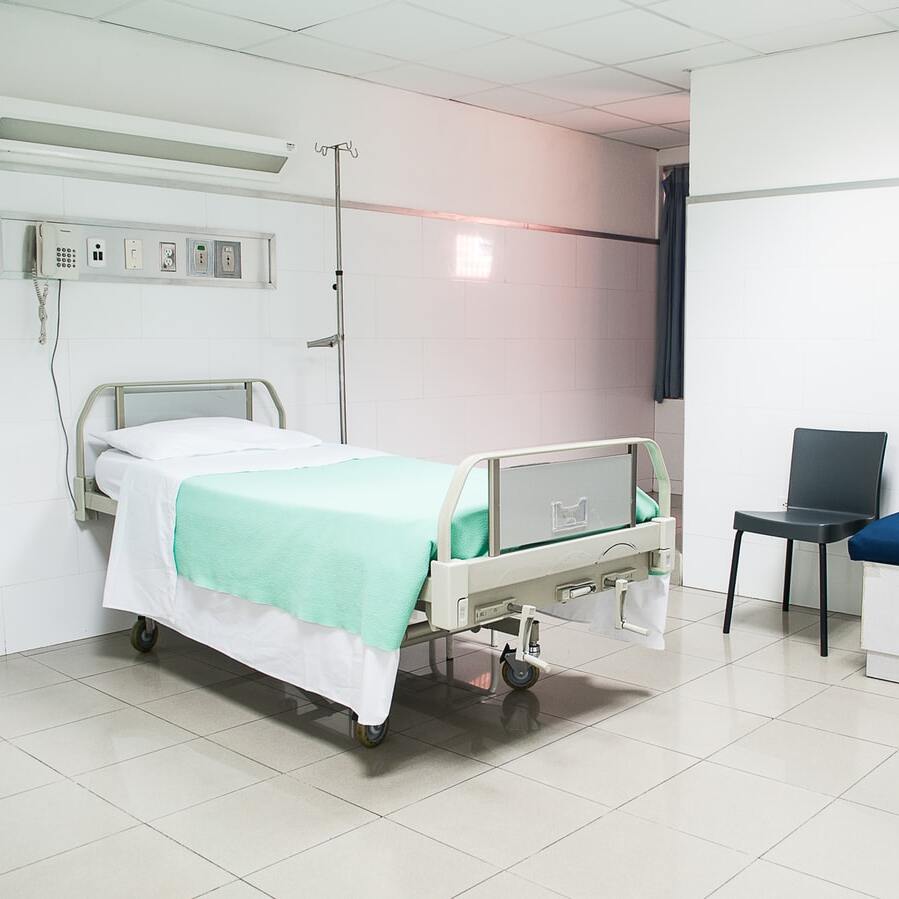Article
Patients With Inflammatory Bowel Disease More Susceptible to C Difficile Infections
Author(s):
Only recent hospitalization and proton pump inhibitor use was deemed an independent risk factor for C difficile infections.

Patients with inflammatory bowel disease (IBD) are more susceptible to Clostridium difficile infections (CDI).
A team, led by Yan-Ming Li, Department of Clinical Laboratory, Xiangya Hospital, Central South University, investigated the molecular epidemiology and antimicrobial susceptibilities of toxigenic C difficile isolated from patients with IBD and evaluated the risk factors for C difficile infections in a population of patients with IBD.
The Concern
C difficile infections have become a growing concern for patients with IBD.
“Patients suffering from IBD are particularly susceptible to Clostridioides difficile infection (CDI), resulting in aggravated and deteriorating diseases, including failure of corticosteroid therapy, high risk of colectomy and high mortality,” the authors wrote. “CDI may trigger IBD flares and worsen the prognosis of patients. Due to the overlapping clinical and endoscopic presentations of both conditions, clinicians must be cautious about recognizing potentially serious concurrent infection.”
Currently, investigators are focusing on incidence, risk factors, treatment, and prognosis, but not molecular epidemiological data on toxigenic C difficile in patients with IIBD.
The Analysis
In the cross-sectional study, the investigators tested loose or watery stools from patients with IBD for glutamate dehydrogenase, C. difficile toxins A&B, and anaerobic culture. They characterized toxigenic C difficile isolates by multi-locus sequence typing, ribotyping, and antimicrobial susceptibility testing. The study took place in the Xiangya Hospital of Central South University in China.
The study included 217 patients with IBD, 185 of which had Crohn’s disease, 123 of which had ulcerative colitis, and 9 patients with unclassified IBD.
The results show a 13.6% (n = 43) prevalence of CDI in patients with IBD. The most dominant sequence types were ST35 (20.9%), ST2 (18.6%) and ST37 (16.3%) and the most common ribotypes were RT 017 (18.6%), RT 012 (14.0%), and RT 220 (14.0%). However, RT 027 and RT 078 were not detected in this study.
The investigators also found ever isolate was susceptible to vancomycin and metronidazole, but the multidrug resistance rate of C difficile RT 017 was higher (P <0.01) than that of other RT strains.
The investigators also identified several risk factors, including recent hospitalization, the use of corticosteroids, and proton pump inhibitors related to an increased risk of CDI in patients with IBD. However, only recent hospitalization and proton pump inhibitor use was deemed an independent risk factor.
“Patients with IBD have a relatively high incidence rate of CDI. C difficile RT 017 is most frequently isolated from IBD patients in this region and warrants more attention to its high resistance rate,” the authors wrote. “Clinicians should pay greater attention to CDI testing in IBD patients with diarrhea to ensure early diagnosis and initiation of effective treatment.”
The study, “Molecular epidemiology and clinical characteristics of Clostridioides difficile infection in patients with inflammatory bowel disease from a teaching hospital,” was published online in the Journal of Clinical Laboratory Analysis.




